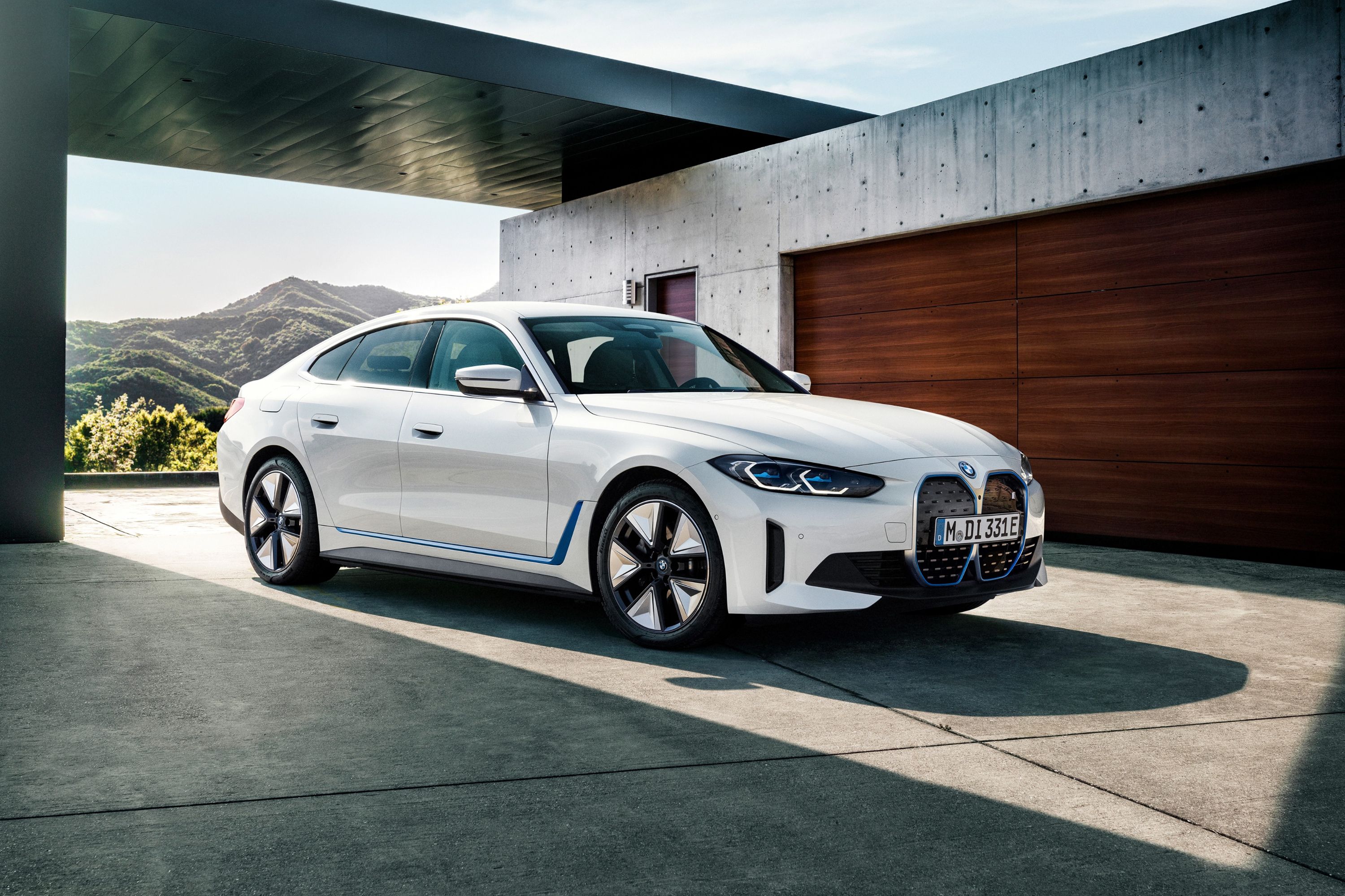
We were reminded of BMW's commitment to battery-electric vehicles earlier this week when it unveiled the first images and details of the 2022 i4 sedan, a direct rival to the Tesla Model 3. The German automaker, who also owns Mini and Rolls-Royce, announced at its annual conference on Wednesday that it expects about half of its global sales by 2030 will consist of BEVs.
"By the end of 2025, we will have delivered a total of around two million fully-electric vehicles to customers," said BMW Chairman Oliver Zipse. "We will also be growing our sales of fully electric models by well over 50 percent per year over the next few years - more than 10 times the figure for 2020."
Mini, meanwhile, will launch its last combustion-engined model in 2025, joining the ranks of General Motors, Jaguar, and Volvo as EV-only carmakers. Zipse further announced a new generation of EVs arriving in 2025, the Neue Klasse (New Class), reigniting the name given to a series of groundbreaking BMWs launched in the early 1960s. Described as forming "the nucleus of rethinking the car from the ground up," the Neue Klasse will offer entirely new IT and software architecture, a new electric drive train and battery generation, and new levels of sustainability.
Despite these plans, Zipse made clear BMW has no immediate plans to end the development of combustion engines, unlike Audi.
Journalist Phil LeBeau tweeted that Zipse made clear the automaker remains committed to combustion engines "because demand for ICE vehicles will remain robust for many years to come." What Zipse did not clarify, though it's fair to assume so, that future combustion-engined BMWs will have some degree of electrification, meaning either hybrid or plug-in hybrid technology. BMW will simplify its powertrain lineup, however, as the presentation stated that by 2025, the number of combustion engines in its portfolio will be halved, after already discontinuing several diesel engines.
Eventually, BMW may have no choice but to move on from ICE vehicles because vital markets, such as the UK, want to ban the sale of new combustion cars. In the US, a growing number of states, led by California, will do the same by 2035. How Zipse plans to balance BEV and ICE development is something that'll be watched with great interest.
